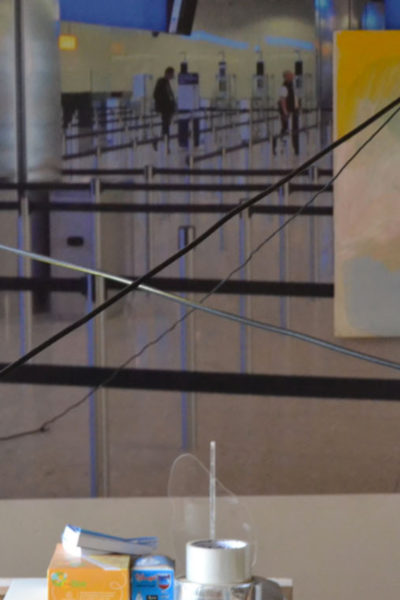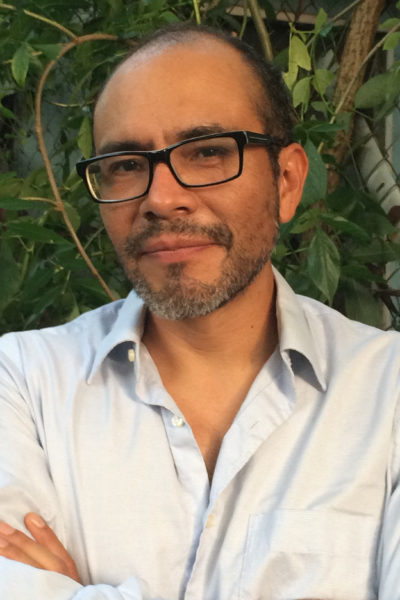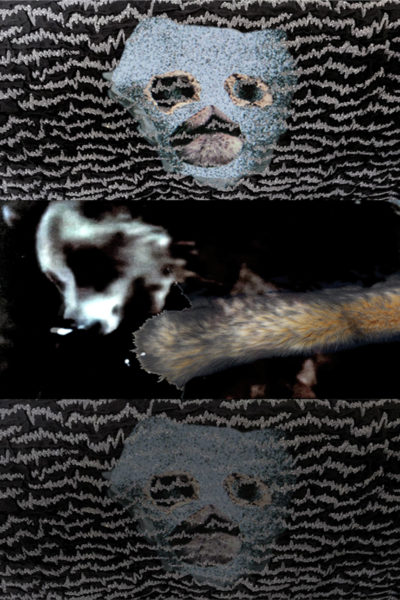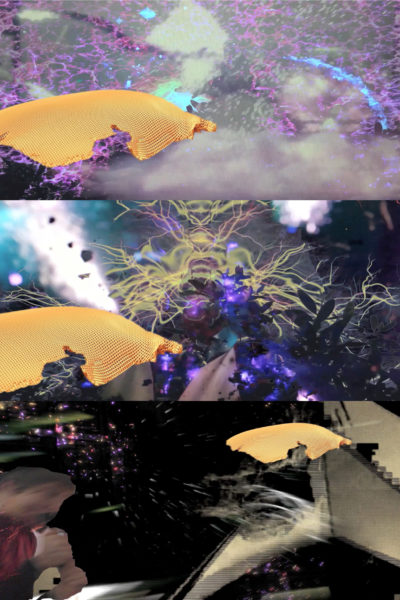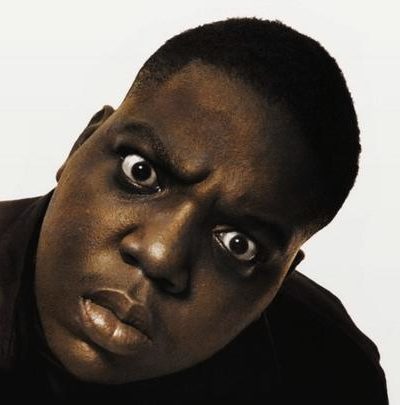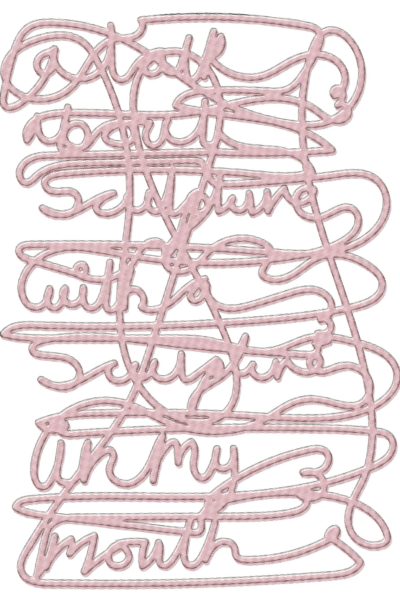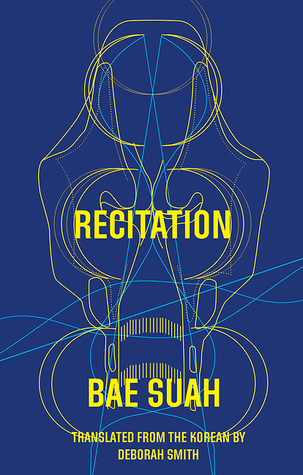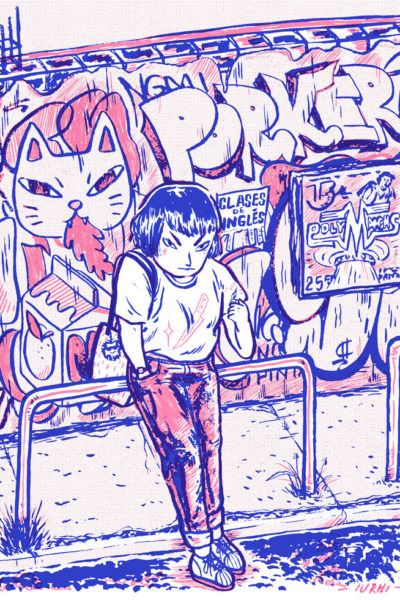What unites both modern subcultures and modern terrorists (and terrorist subcultures) is no coherent ideology but a set of shared affective responses to social chaos—and if the last decade of culture has any lesson to give, it’s that emotional tourism has never been more popular.
The world described by Herrera’s thematic border trilogy is a present that despite—or because—of its hints of the archaic, has the ring of a dystopian near-future.
While reading “Sea Unicorns and Land Unicorns”
The doubled reality of one Marianne Moore poem
American Anonymity: Reading Alex Dimitrov & Tommy Pico
In our constant fight to feel accounted for inside the crowd, we shout, we overshare, we reword until others think it sounds beautiful enough to publish—whether we are distilling that experience to its most basic, relatable pieces or pushing the boundaries of how that experience can be shared.
Frank O’Hara’s Notorious B.I.G.
The affinities between New York’s most mercurial lyricists.
English-language Poetry in Hong Kong Now
We can certainly no longer say that ‘[t]here is no English-language literary community from which to draw some kind of affinity or against which to react’. One just has to go out, be receptive, join a group, and meet and mingle with other like-minded people.
She’d jotted down many questions, each marking a point on a borderline in the text where either her concentration failed or her resistance to Suah’s narrative succeeded. Passages underlined in blue, margins filled with wavery scribble; the train had been rocking back and forth.
Poetry of Negation and the Negation of Poetry: Dissidence and form in Vietnamese poetry
Dissident poetry resonates against oppression, advocates for democracy, reveals previously undisclosed information, and attacks (the dogma of) traditional values associated with state power.
No One Promised Us Anything: Poetry in Mexico City
The act of climbing a platform and reading poetry in the street is part of the literary transformation that’s arisen in Mexico City. Poets no longer seek closed spaces where only their acquaintances attend to pat them on the back as an institutionalized greeting.
Oakland, poetry, and radical empathy.


